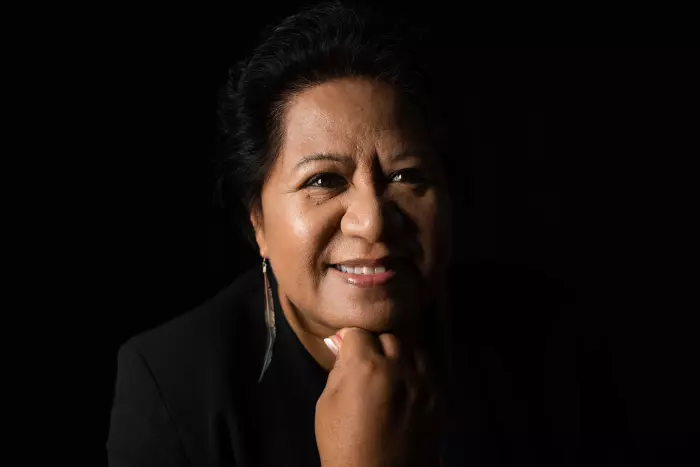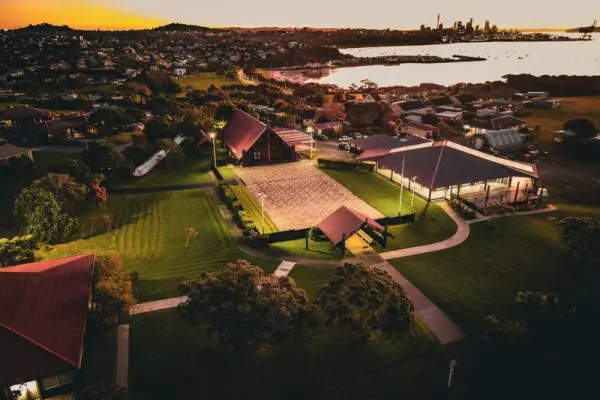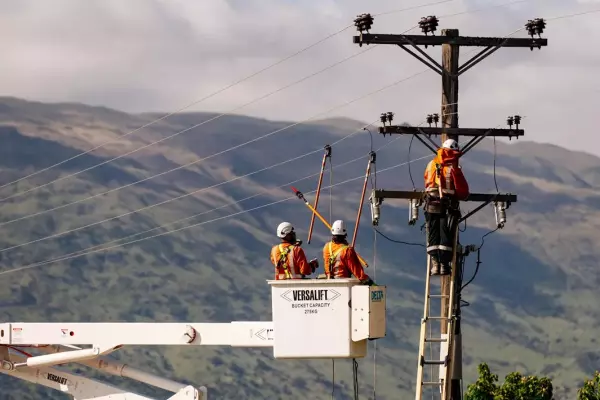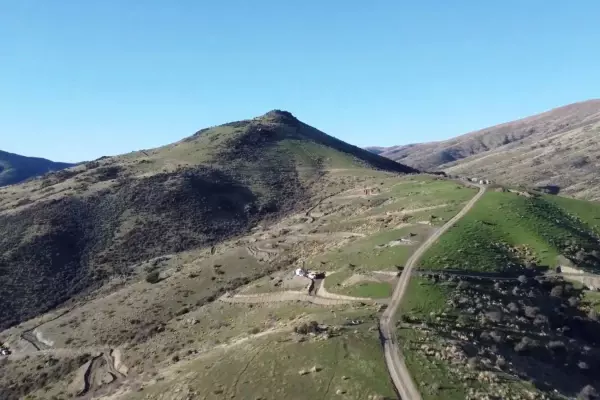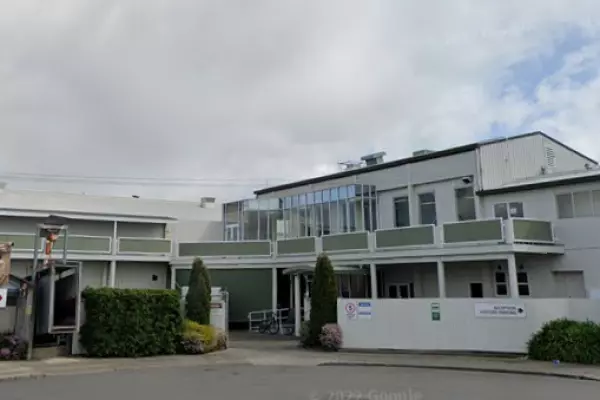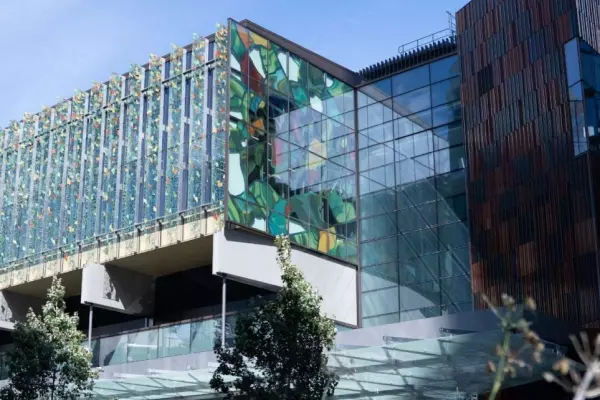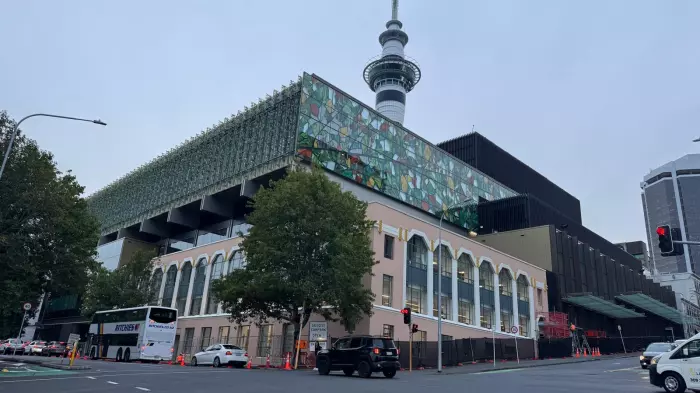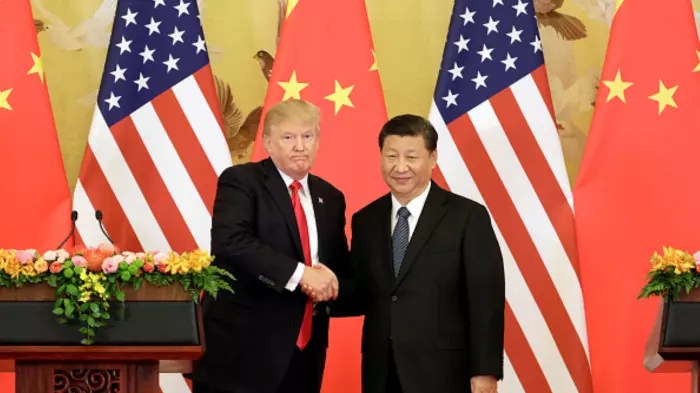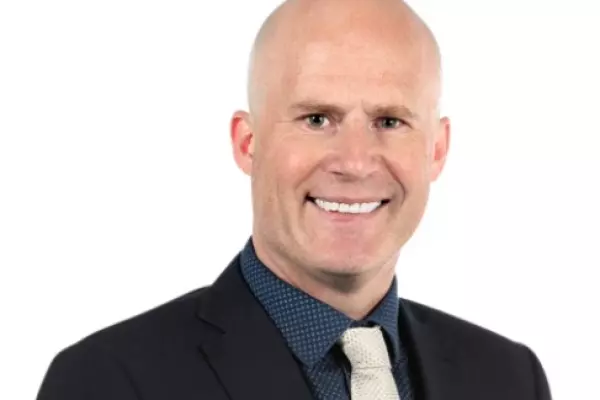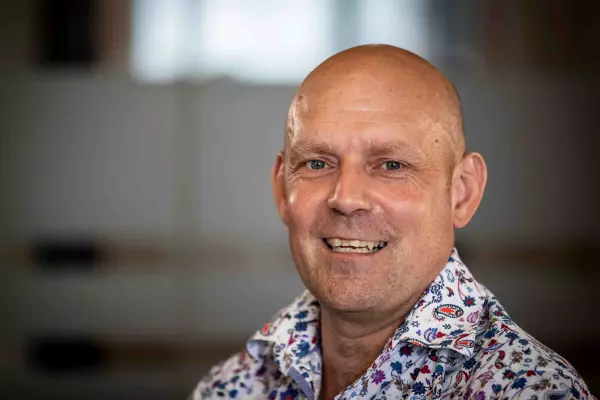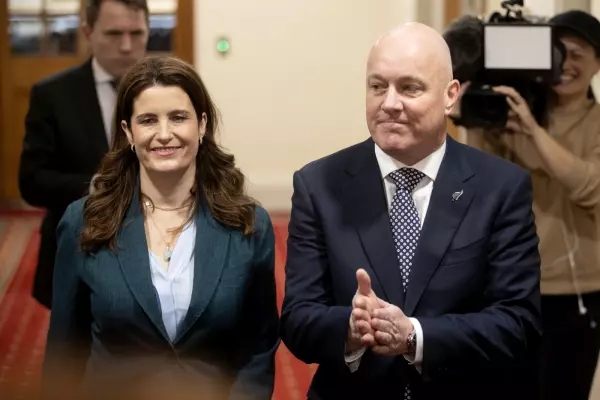Despite Whānau Ora receiving $168 million in new funding in the budget, there are concerns expansion will be stifled.
The $168m would be split among the three Whānau Ora commissioning agencies over four years. The agencies receiving the boost are Te Pūtahitanga o Te Waipounamu in the South Island, the Whānau Ora Commissioning Agency in the North Island and Pasifika Futures, which is for Pasifika families nationwide.
The allocation was a $64.4m for whānau-centred early support prototype Ngā Tini Whetū, $35m to support cost pressures and $68.7m for agencies to deliver services.
Te Pūtahitanga o Te Waipounamu pouārahi/chief executive Ivy Harper cautioned that the funding allocated for Whānau Ora will bring a limited level of stability, rather than any widespread expansion or change.
She said government departments and agencies across the board need to be investing in Whānau Ora.
“Any new funding is a signal of confidence in the already well-established Whānau Ora Navigator network of partners and entities in communities right across Te Waipounamu (South Island).
“But I think rather than look at Whānau Ora investment on its own, it's time for all departments to start engaging in whānau-led approaches.”
Harper said it is clear there is still quite some way to go.
Māori communities themselves hold the answers, she said.
“The extra support delivered today is appreciated and will enable ongoing support for thousands of whānau in the South Island.
“However, we do hope to see more of a multi-agency approach to delivering support and investment to enable whānau-led solutions.”
Four years to plan
Gena Moses-Te Kani, co-chairperson of Te Taumata, the independent iwi board which governs Te Pūtahitanga o Te Waipounamu, said investment to strengthen the Whānau Ora network would bring a level of stability for whānau Māori.
“The funding covers four years, so we know we have four years to plan, which is better than one, but we would like to see that further expanded, with a longer timeframe and commitment,” Moses-Te Kani said.
The minister for Whānau Ora, Peeni Henare, said in his six years in the role, he was proud that funding had increased by 145%.
Any suggestion that the budget was just maintaining the status quo was wrong – this is a further $168m of new money, he said.
“The kaupapa can’t go backwards.”
The Labour government had made changes to the way in which Whānau Ora gets its funding, he said. Instead of asking for money for Whānau Ora every year, it had been baselined.
The funding amount is decided after working with the commissioning agencies and understanding the needs.
Henare said $35m was to support cost pressure, $68m was to allow the flexibility for agencies to deliver services as they see fit as, “we don’t tell them what to do with the money”.
The final allocation was a $64m bump towards Ngā Tini Whetū, the pilot programme introduced in mid-2021 to improve the safety and wellbeing of children. Henare said the new programme was now locked in, but acknowledged it is not run in the South Island.
“Despite Ngā Tini Whetū not running in Te Waipounamu, I’m more than happy to support bespoke programmes.
“I’m really proud of Whānau Ora; they do amazing work.”


